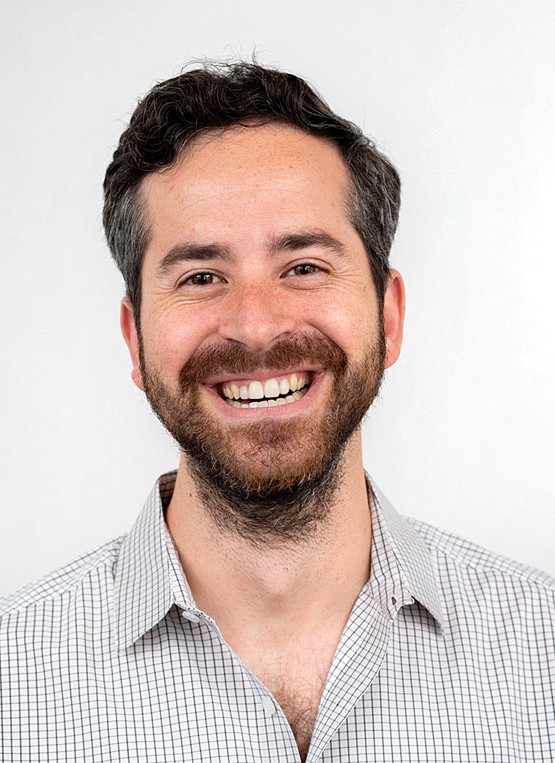Crowdsourcing app aims to fill gaps in coronavirus data
By Melanie Lefkowitz
As a health tech master’s student at the Jacobs Technion-Cornell Institute at Cornell Tech, David Hachuel, M.S. ’19, developed an award-winning app to empower sufferers of gastrointestinal illness.
Watching the COVID-19 pandemic unfold, Hachuel and his business partner realized they could apply some of those same principles to provide individuals and local governments with information about the virus.
Over the course of a weekend, they developed Opendemic, an app allowing users to anonymously share their locations and COVID-19 status to receive alerts about other nearby cases, both potential and verified.
“We wanted to help solve the issue of the lack of actual data on who has symptoms,” said Hachuel, who is currently pursuing a Master of Public Health degree at Harvard University. “Because of the lack of test kits, we need to rely on self-reporting, and the idea here is to have a database that can be open to public health authorities so they can use that data, in addition to the data they already have, to make decisions about the right interventions.”
To inspire members of the public to share their data, the app offers information about how many COVID-19 cases are nearby, to better inform their own decisions about social distancing.
“Especially in the U.S., where the rate of testing is so slow and the numbers are so small, it’s misleading people into thinking everything is OK,” Hachuel said. “It’s causing a false sense of security, and where I live in New York City people are outside as if nothing is happening and it’s quite worrisome. So a secondary goal of the app is to make individuals a bit more cautious about whether they should stay in or go out.”
Hachuel and his partner, Alfonso Martinez, an MBA student at the Massachusetts Institute of Technology, are also reaching out to other teams developing similar projects, to coordinate their efforts to compile the largest-possible pool of data.
“We’re not trying to be the only platform,” Hachuel said. “The idea is that anyone can contribute to a unified database, so obviously this doesn’t work unless a lot of people are using it.”
At Cornell Tech, Hachuel’s startup, Auggi, was among the four student-founded companies to win the 2019 Startup Awards, which provide seed funding and co-working space worth up to $100,000. The health tech concentration at the Jacobs Institute is a first-of-its-kind program, applying emerging tools such as machine learning and data science to health care.
“It is wonderful to see our alumni taking important initiatives and looking to collaborate broadly for the common good,” said Deborah Estrin, the Robert V. Tishman ’37 Professor and associate dean for impact at Cornell Tech and professor of health care policy and research at Weill Cornell Medicine. “As we go forward, these sorts of applications should be implementing approaches that do not require sharing of unencrypted location information outside of trusted health organizations, since location information can disclose personal identity through easy associations with work, home, etc.”
Auggi is an intelligent assistant that aims to help users manage gut disorders by identifying connections between their triggers and symptoms.
“The idea was to help patients, and I think with Opendemic we’re replicating that to some extent,” he said. “There’s certainly a lot of power in the behavioral and design and technological aspects of how health care can be delivered.”
Media Contact
Get Cornell news delivered right to your inbox.
Subscribe

